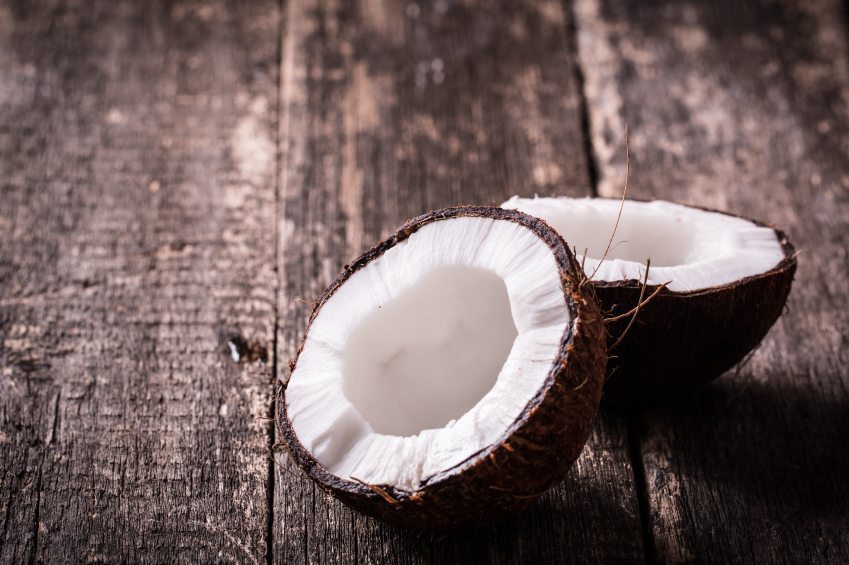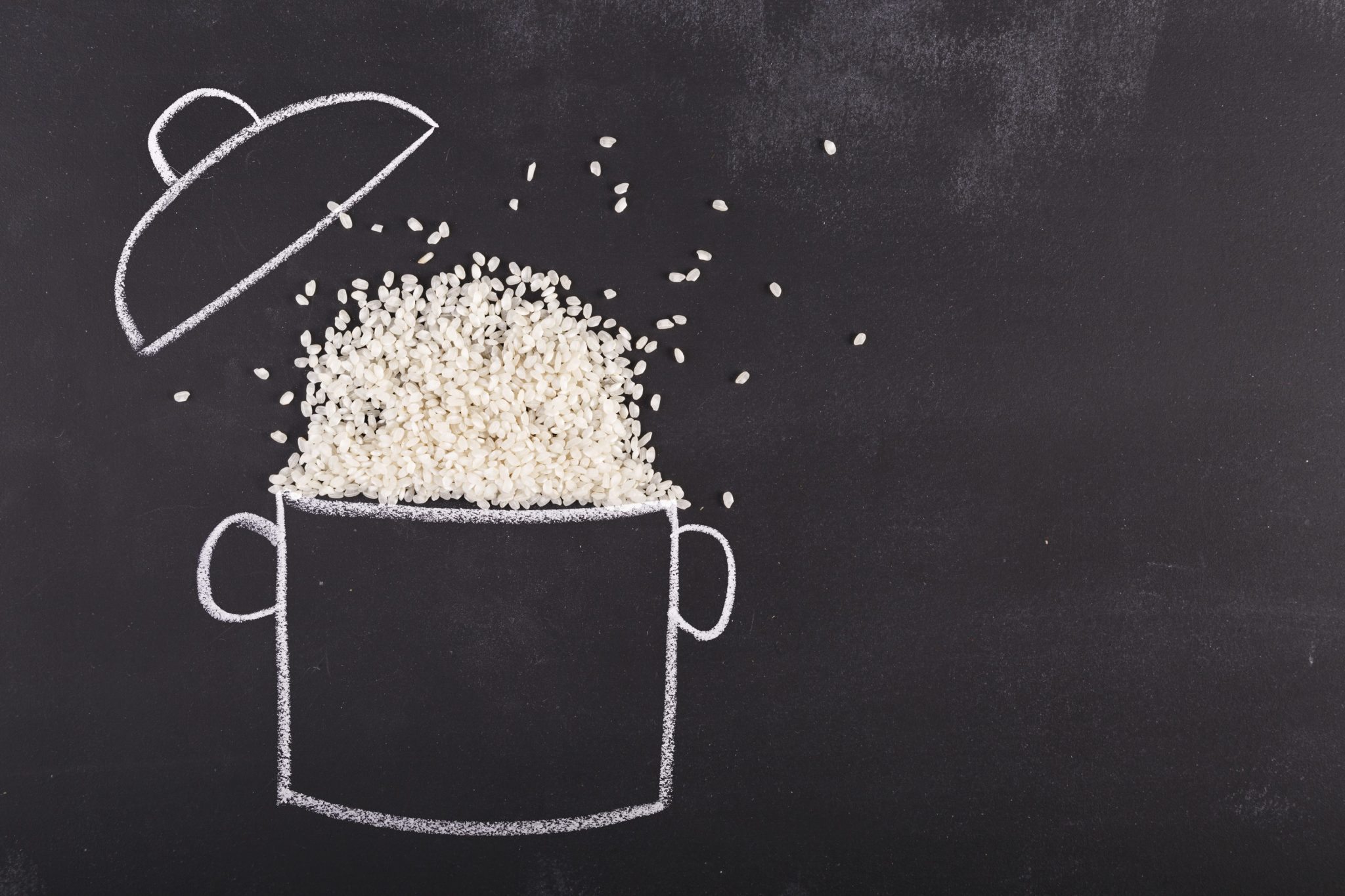
There’s a new barrage of healthy “miracle foods” that flies through the fitness world seemingly every month. Recently, we’ve see the rise of hemp hearts, pre workout supplements, and dandelion tea. It was only a matter of time before the next big fad hit.
Coconut oil has been one of these “superfoods” for a while now and is being proclaimed as the “key to a healthy diet”. Before you go out and buy it by the vat, let’s take a look at what coconut oil is made up of, what its benefits really are and whether or not it’s just an over-hyped fad or a neglected dietary staple.
It’s Not the Type of Fat You’re Used To
Coconut oil is made up of what’s called medium chain fatty acids (MCFA). What makes it unique is that this type of fat is broken down immediately instead of being stored. They’re sent right to the liver to be transformed into energy. This fast turnover then turns the intake into fuel which can help prevent weight gain. However, be weary; its still an oil, and weight gain is possible if the amount of calories consumed in the coconut oil exceeds the body’s caloric needs.
Coconut Oil Don’t Contain Cholesterol
Most saturated fats are known to have an abundance of cholesterol– that’s one of the many reasons we stay away from them. However, tropical oils, such as coconut and palm oil, don’t contain cholesterol. This makes it a good option to use in cooking for those with high cholesterol.

It Still Has A Bunch of Calories
Being a healthy “cure all” doesn’t make coconut oil a zero calorie food. In fact, it contains the same amount of fat and calories as other oils. All oils have the same calories per gram. One tablespoon of coconut oil contains 117 calories, 14 grams of fat, 12 grams of saturated fat, and no minerals or vitamins.
However, It May Change the Calorie Counts on Other Foods
Earlier this year, scientists discovered a way to cut the amount of calories in cooked rice nearly in half. Coconut oil was added to boiling water just before the rice was. The Sri Lankan scientists say that the amount of coconut oil added was “3 percent of the weight of the rice you’re going to cook”. But that’s not where the calorie slashing comes from. Here’s the important part of the study– the rice needs to be chilled for twelve hours after it’s cooked. Rice, as we know (and often avoid) is a starch. But when the coconut oil reacts with the starch as it cool, it changes the make up of the starch, cutting the calories. Heating the rice back up doesn’t reverse this process, making the usage of coconut oil in starch conversion a potential way to combat obesity.

Coconut oil is a great substitute for much worse fats such as butter or lard, but that doesn’t garner it a healthy choice. There have been a hand full of studies claiming that coconut oil lowers blood sugar levels and promotes weight loss, but their results were inconclusive and insufficient. At the end of day, it is still made up of saturated fat and needs to be consumed in moderation like any other oil. However, if you want to put it on your face and body? We won’t stop you!
For more Food features, check out our articles here.
What’s your take on coconut oil?









![Daily Bite [Make]: Philly Cheesesteak Stuffed Bell Peppers](https://dashofwellness.com/wp-content/uploads/2013/01/Philly-Cheesesteak-Stuffed-Pepper-Daily-Bite-1-100x70.png)
